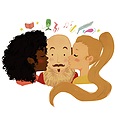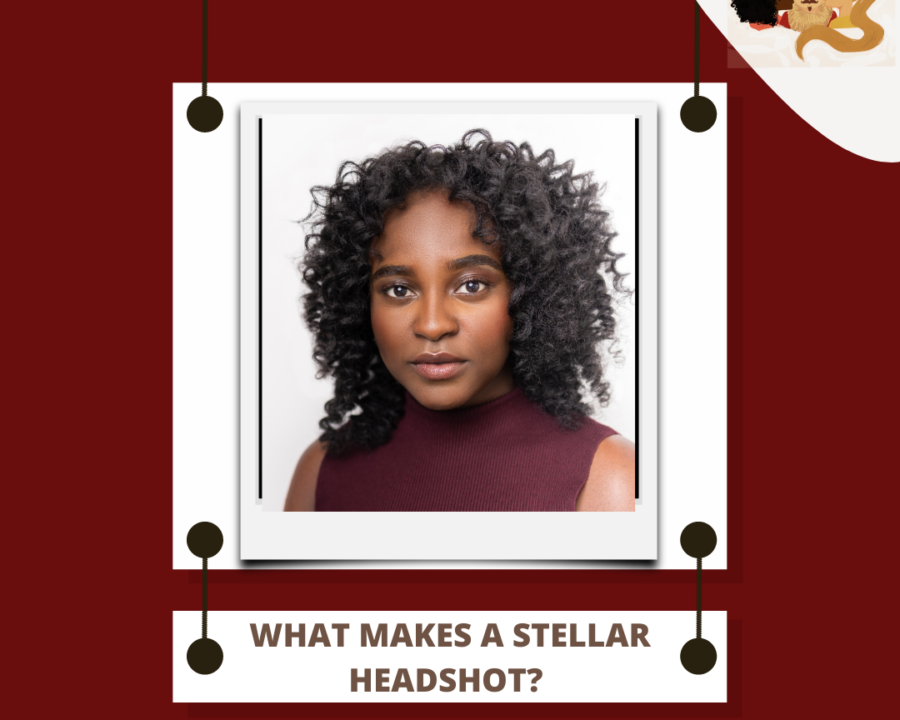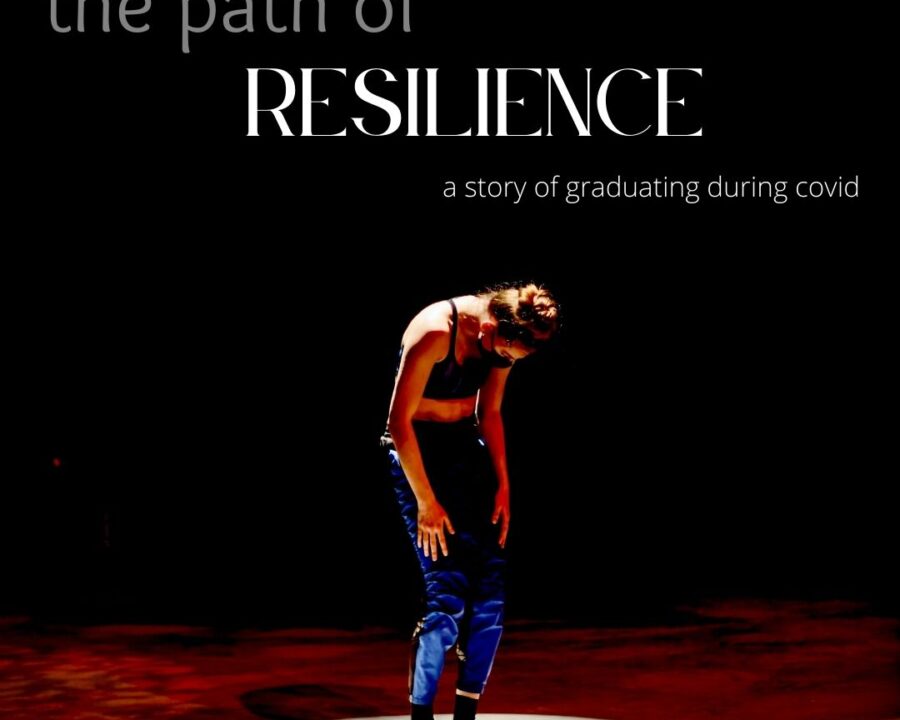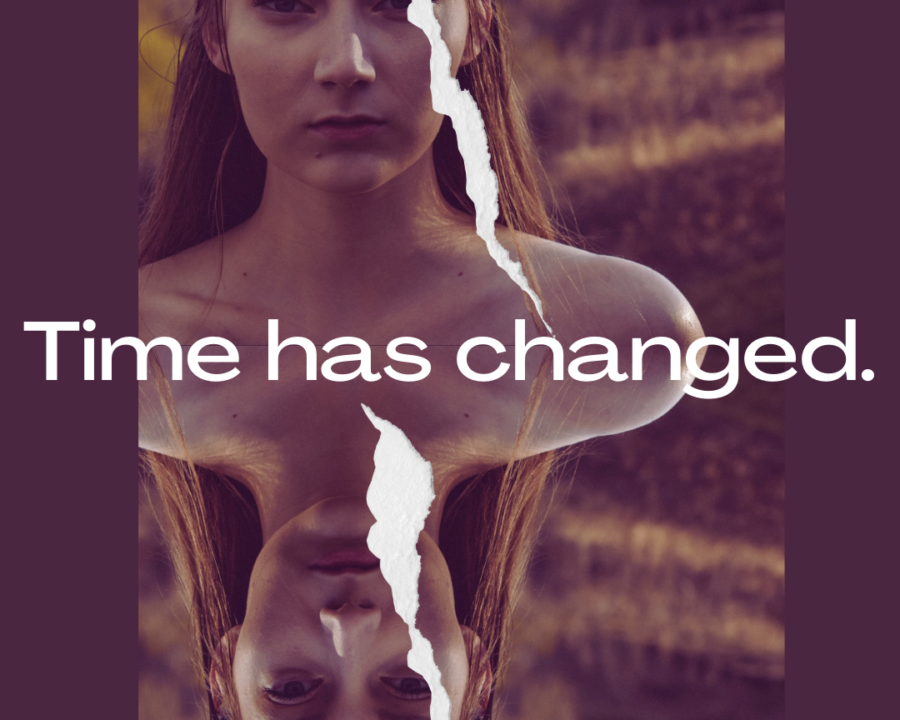
STORYTIME
September 16, 2020
STORYTIME
September 23, 2020The minute you finish a piece of writing it doesn’t belong to you, you don’t write it any more, it belongs to you, the reader, the listener, the audience. So the less you know about whether or not this is me talking about my life or this is me talking about your life, I think the better. Then it can belong to you and it can live outside of the moment in which it was conceived.
Kae Tempest
Empathy, creativity, love, and justices are one and the same.
What is the purpose of “us” as artists in this vast and congested world of creation? And where does empathy, and creativity, and love and Justice come into play when it comes to art and politics. I (Eunice) would like this post to be a teaser to a more extensive conversation/dialogue between you, the reader and I the writer. I would like to dive into this with honesty and unfiltered myself on how art (theatre, poetry, music, dance, storytelling) has a bigger political impact in our smaller sectors of the world.
Poets to live by.
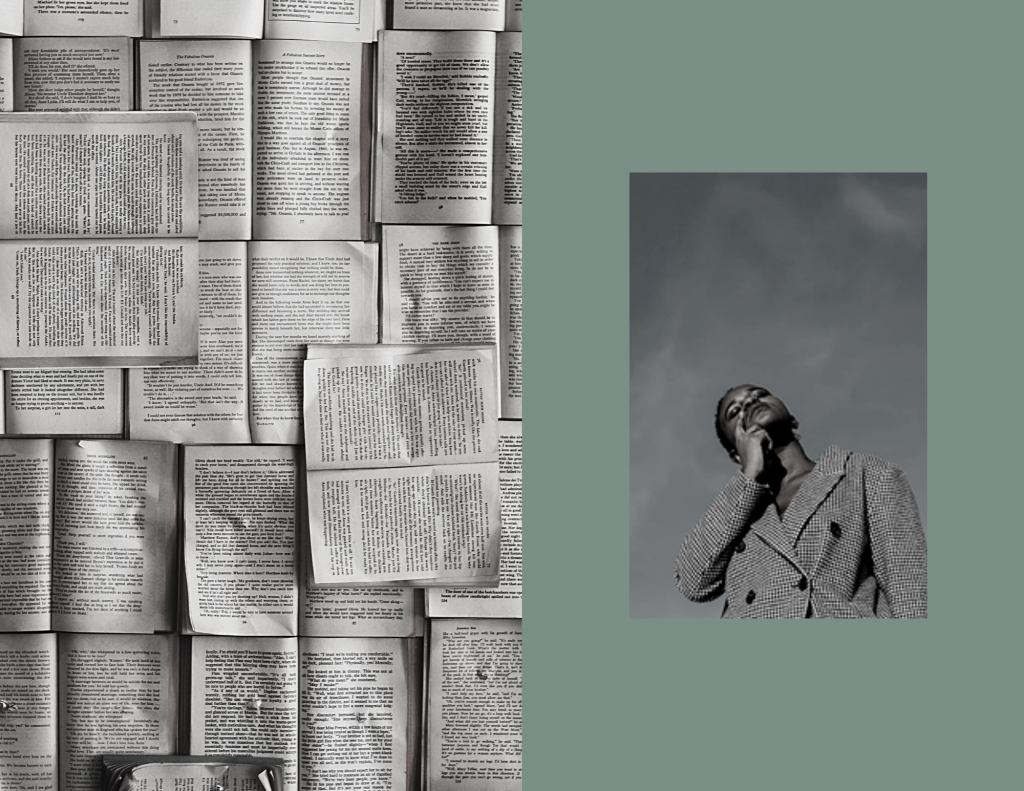
Starting us off, I want to urge you, the reader, to read poetry from these individuals because I (Eunice Gatama) will often be mentioning them in this series of Art and Politics; William Blake, Kae Tempest, Maya Angelou, Anna Akhmatova, Kendrick Lamar, Moses Sumney, Noname and Mereba and my personal favourite Michaela Coel. These thought-provoking writers have influenced many other artists and me in their time. Most importantly, it is how their thoughts and ways in which they have investigated injustices, love, defeats, fear, war, and politics to connect, speak to, and with their community. As poets, the core of our storytelling is to connect, and they have especially related to their communities by giving a richer perspective and honest approach to humanity through poetry. A woman like myself in my 20s, and during this crucial time of porn trauma, and performative rage, and performative social justice warriors, these people’s words have provided me with some guidance and clarity that a single quote from them has shifted my understanding and education on specific topics.
With that being said, writing has given me space to make sense of the world. And become a necessary and freeing practice to filter and unpack my thoughts and not go mad. As Kae Tempest says writing:
“It’s like a kind of filtering process. I feel like when you’re a writer, you’re tuned in to the world at a particular frequency where your sensitivity is so raw. Everything you see in your journey through the city is such an onslaught of either, like, unbearable beauty or, you know, unbearable horror.” – Kae Tempest.
As Tempest emphasizes, there is a lot to process and be stimulated by in our cities, social circles, public and private spaces, and the occasional overwhelming consumption of social media. In essence, we are continually being influenced by outward projections in which, as artists, that is the juicy sources we take from and become inspired by or overwhelmed by it. It is the unbearable beauty and unbearable horror of the world, of our circles, of circumstances that our creativity can access. So let us go deeper into how everything in “our” worldview frames and informs our work, and how that framing can limit the work and provide freedom within it. Creativity is a mental space in our mind- it is unfiltered, unforced, without judgement and a bit of judgement, it is full acceptance to allow the governing images, thoughts, words, ideas emerge and to not be planned. I am a huge planner, I am a messy functioning planner, and at times my most dull ideas come from over-analyzing, and my most creative moments come when I least expect it. And I allow myself to be surprised by my discoveries and document it right away or as quickly as possible, so I do not get too lost in the experience but remain present. And have the moment in my pocket or voice memo or journal.
Where does empathy & Justice play into creativity?
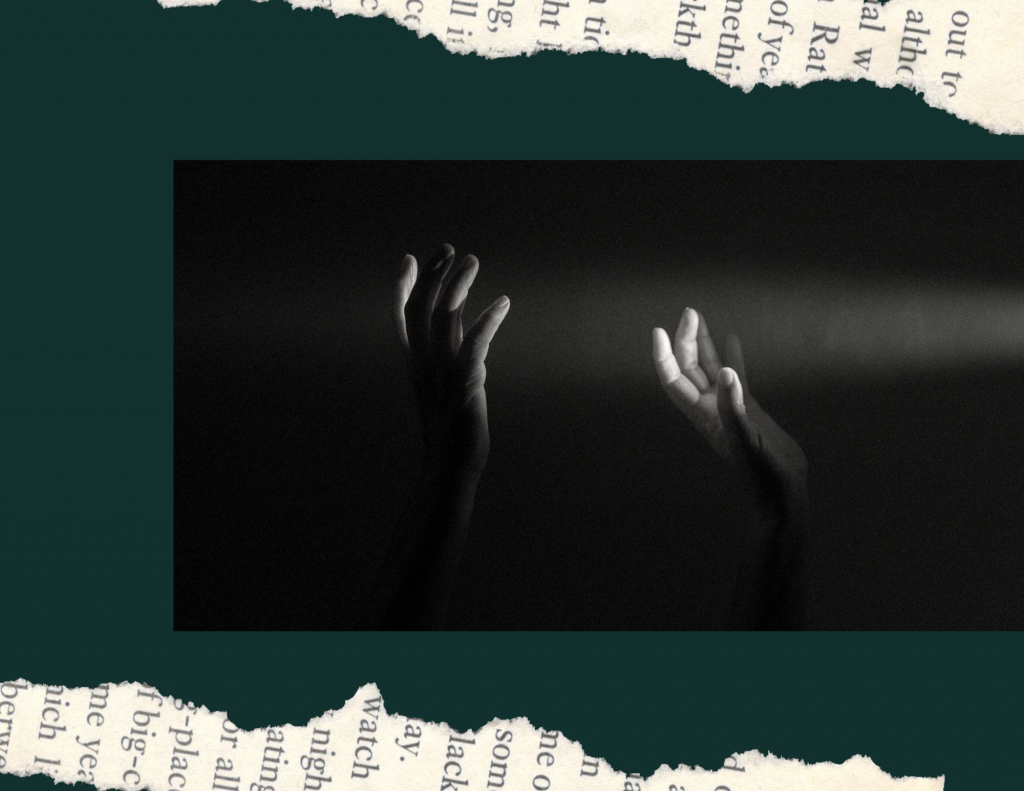
If we consider creativity to be a unique mental space in our minds, then empathy plays a special place in how we connect to others. At the same time, Justice plays a unique role in how our policies and policymakers govern our bodies and systems. We are all interconnected, and it is the lack of empathy that makes our connection to others fragmented/divided. Thinking that if some [politician] can pursue a policy that leaves somebody in need, there is a lack of love in that person. The real issue with governance and policies is the lack of empathy. I believe what the Government is doing to the country in relation to poor living conditions is due to the removal of understanding the effects policies have on marginalized and the most vulnerable people. That politicians are incapable of doing their work for their citizens’ benefit because they are so removed from reality. They are removed from the working class, poor, immigrant families, non-documented peoples, BIPOC households, and low-income families. They do not understand the most vulnerable people’s needs. Our struggling communities will never thrive and overcome the poor living conditions, not only that but the systematic boundaries that come along with race relations and racialized bodies because the policymakers are never thinking of them. And the divisions between people are the reason that they are in such a mess. I believe that is where “we” artists come along, sharing the untold stories of the most vulnerable, of the unseen, of the bodies that are being abused and neglected. We utilize art to connect and speak for our communities. I think if more politicians and citizens overall were to read poetry and attend community art events, they would understand the rage, the pain, the disappointment and where the division comes from.
We still have not seen Justice for Breonna Taylor, as their city of Louisville waits for the officers charges’ to be decided. The community will not rest, our minds will not rest, we will not remain comfortable and delusional to believe that our bodies are safe within this broken system that lacks empathy.Through the community, the artists, civil rights activists, families and the sheer will for change and communities providing policy referendums for change, and the resilience to be silenced is where empathy has been cultivating real progress. I (Eunice Gatama) am up for debate on this, and my thoughts on politics and art will continue to evolve.
Today’s post was a touching stone to a more extensive conversation on arts and politics. This will continue to be a series analyzing art and politics. Stay on the lookout for my next Tuesday’s Tea will be focused on hip-hop/poetry and politics ( October 6th).
